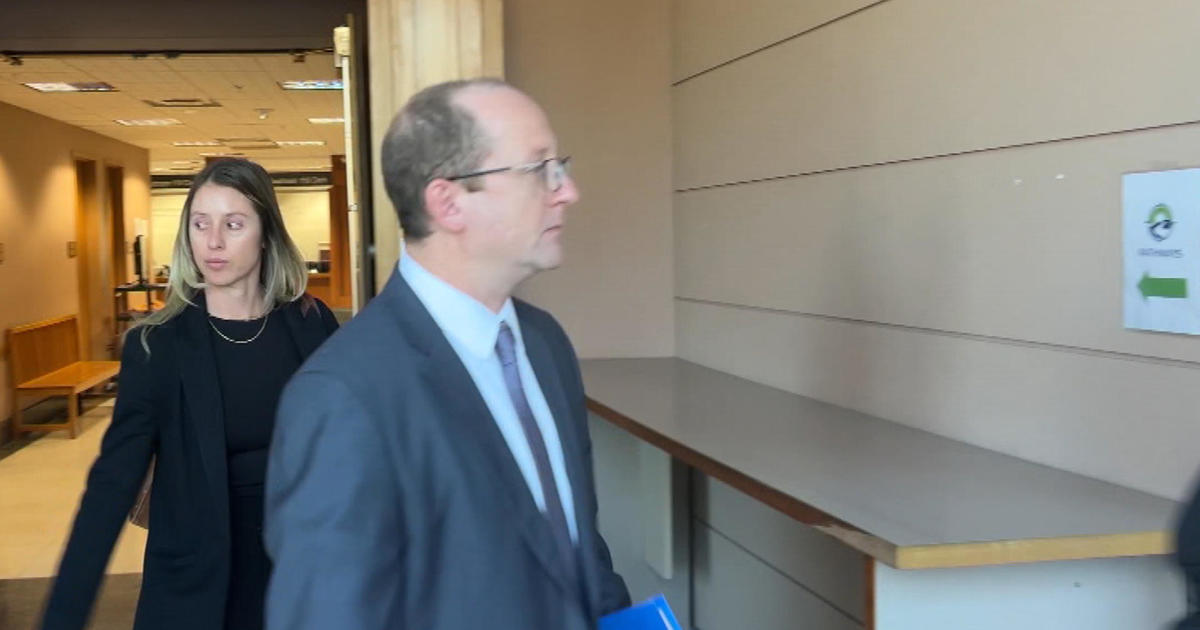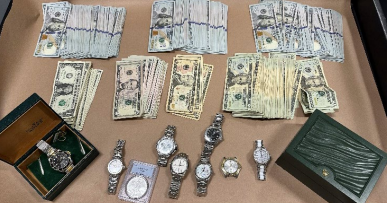Judge Sentences Ad Exec to 3 Years In Prison For $8 Million Fraud
SAN FRANCISCO (CBS SF/BCN) – A federal judge sentenced the former head of a local advertising firm to three years in prison Wednesday for swindling banks and investors of more than $8 million.
Andrew Chapin, 33, former chief executive officer of Benja, pleaded guilty in June to committing wire, bank and securities fraud. Also included in his sentencing from Judge Maxine M. Chesney is that he must pay over $8 million in restitution to his victims.
Prosecutors said Chapin admitted in his plea agreement to falsifying statements, fabricating accounts receivables from large companies with which he did no business, and impersonating corporate representatives, as part of a scheme between from June 2019 to September 2020.
Chapin started Benja, a digital advertising company, in 2014 while he lived in Boston. He moved the company. The company offered "shoppable media" through digital advertisements for a company's overstocked goods that allowed "shoppers to purchase products in the advertisement itself without being redirected to another website," according to the Department of Justice.
Chapin moved Benja to San Francisco in 2018. In June 2019, Chapin started fundraising and searching for lines of credit. He informed creditors and potential investors "that Benja generated $6,200,000 and $13,200,000 in revenue in 2018 and 2019, respectively, and had signed large contracts with numerous well-known national sportswear companies to place advertisements for their excess inventory."
"Chapin admitted in his plea agreement that these statements were false. He further admitted that he had no contracts with these companies and that he falsified Benja's revenue," the Department of Justice said in a press release. " On a Benja investor call, Chapin admitted he arranged for people to impersonate employees from the well-known national corporations to bolster Chapin's false representations of business relationships with the companies."
In his plea agreement, Chapin also admitted he submitted false information about Benja to a bank to obtain a $5 million-credit line. Chapin used advances on the line of credit to pay off creditors and personal credit cards, as well as increase his personal cryptocurrency exchange account.
Federal agents arrested Chapin in November of 2020. The Department of Justice did not report when Chapin had to surrender to authorities to begin his sentence.







